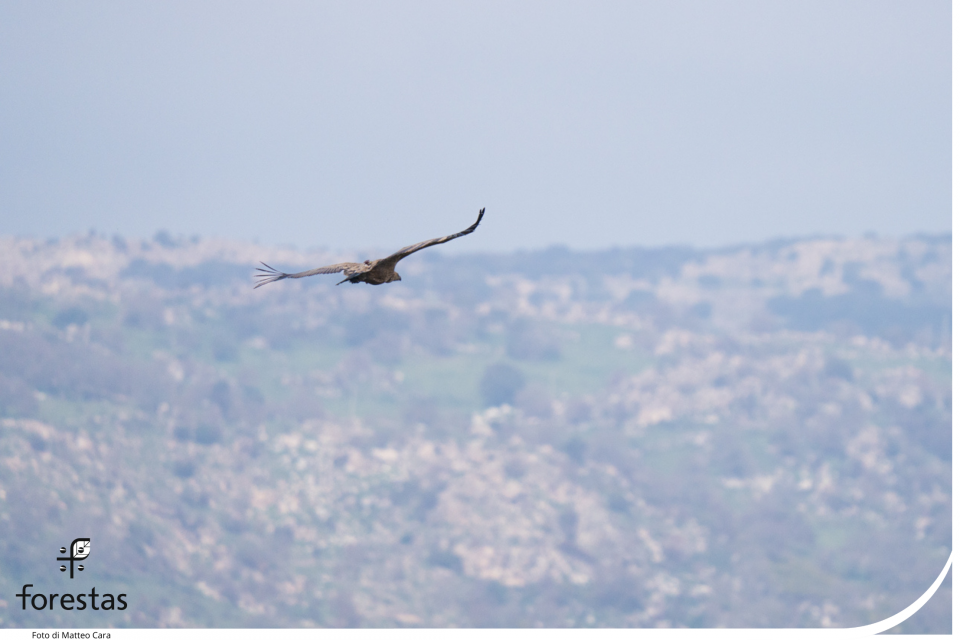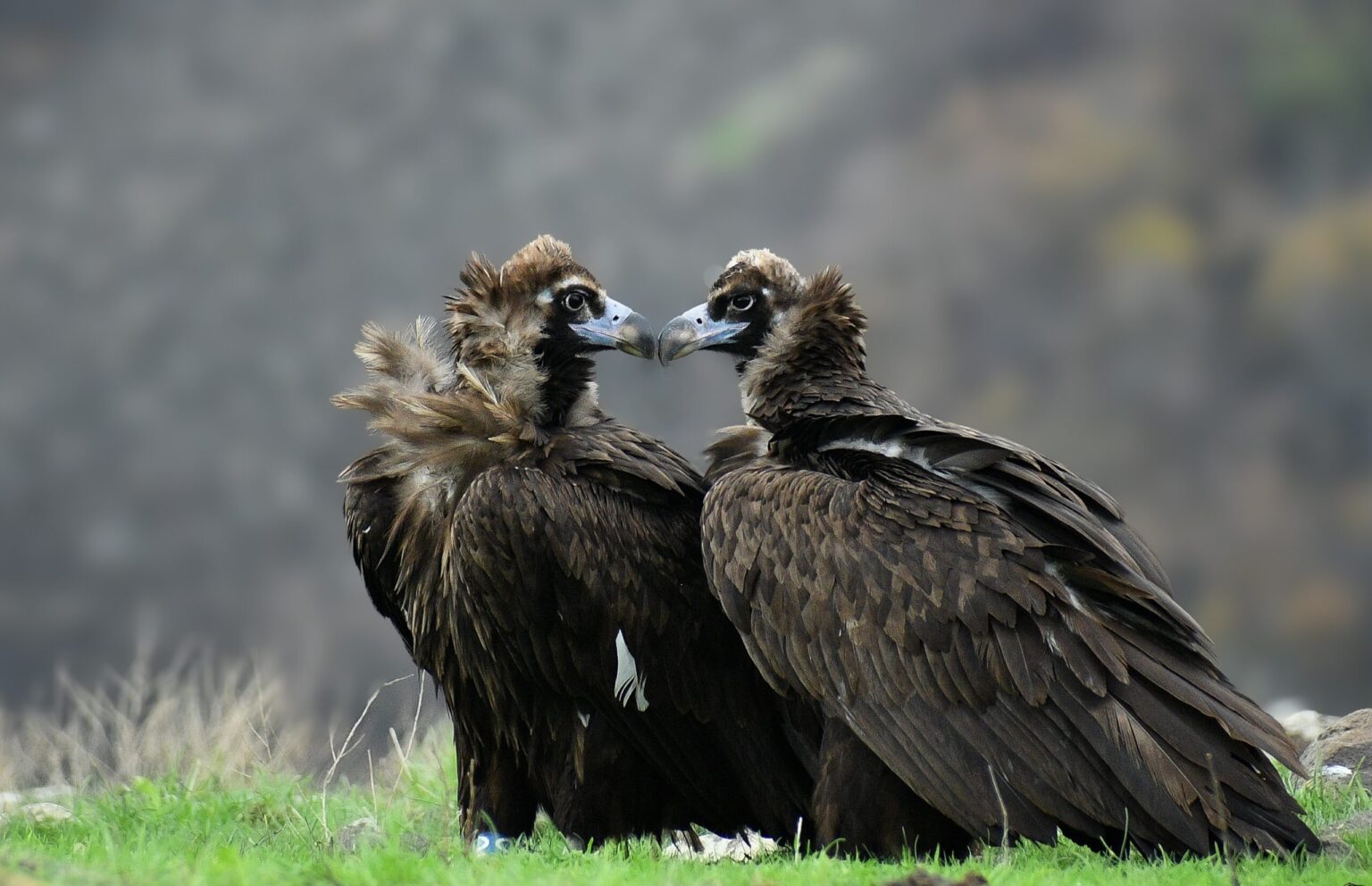The LIFE Rhodope Vulture project continues its work on restoring the Cinereous Vultures population in the Eastern Rhodopes. Seven Cinereous Vultures were recently transported from the Spain to Bulgaria, thanks to international collaboration between the LIFE project coordinator BSPB and the spainish NGO GREFA.
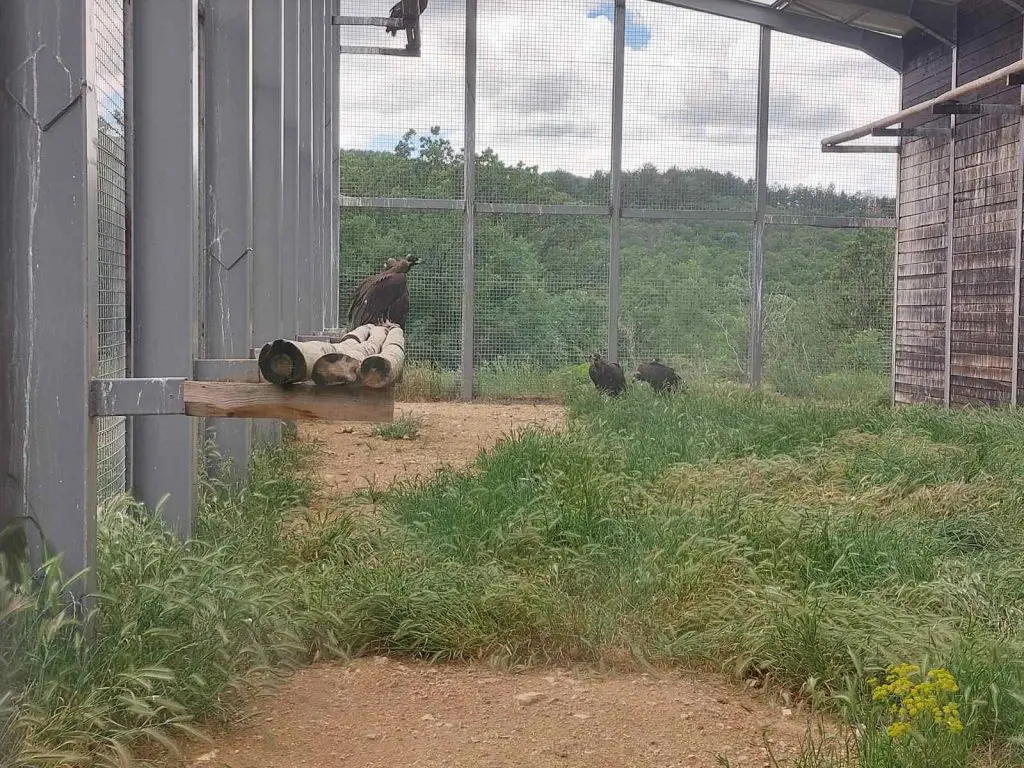
Welcome to the Eastern Rhodopes
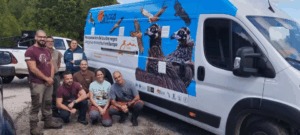
Last week, seven Cinereous Vultures (Aegypius monachus) reached their last pit-stop before returning into the wild. With an impressive 3,300 kilometres in three days journey across almost all Europe, they moved from Spain to their new temporary home in the Eastern Rhodopes. The Spanish NGO GREFA (Grupo de Rehabilitación de la Fauna Autóctona), that provided the birds, and the LIFE Rhodope Vultures Bulgarian partners organised every detail of the transport, ensuring the birds well being and safety in such a long journey.
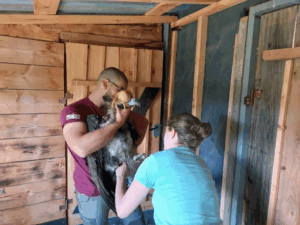
Once the birds arrived in the Eastern Rhodopes, they were settled into an acclimatisation aviary. The aviary will be their home for several months, giving them the opportunity to safely adapt to the local environment. It will increase their chances of survival after their release, which should take place in October.
The first period in the acclimatisation aviary is the most delicate. A team of experts from the Bulgarian Society for the Protection of Birds (BSPB), coordinator of the LIFE Rhodope Vulture project, is closely monitoring the birds conditions.
One common goal: a new breeding colony in Bulgaria
Cinereous Vultures are one of the rarest bird species in the Balkans. The last nesting pair was recorded in 1993, more than thirty years ago. Habitat loss, poisonings, and lack of food availability slowly drove the species to extinction.
Today, the last natural breeding colony of Cinereous Vultures on the Balkans is found in Dadía National Park in Greece. This year the colony celebrated the record number of 44 nesting pairs; nevertheless, it is unlikely that a natural recolonisation will bring Cinereous Vultures from Greece to Bulgaria. The Greek colony is, in fact, still limited in size and registers slow population growth.
Since a natural recolonisation is improbable, in 2022, BSPB and the Rewilding Rhodope Foundation launched a Cinereous Vultures reintroduction initiative. This is the fourth group of vultures transported from Spain to Bulgaria with the aim of establishing a local colony.
The cross-boundary LIFE Rhodope Vulture project, that is managing the reintroductions and monitoring the bird after their release, is creating also the conditions for the species to thrive in the Bulgarian Rhodope Mountains. At the same time, it is protecting and supporting the only surviving Cinereous Vultures colony in Greece’s Dadia-Lefkimi-Soufli National Park.
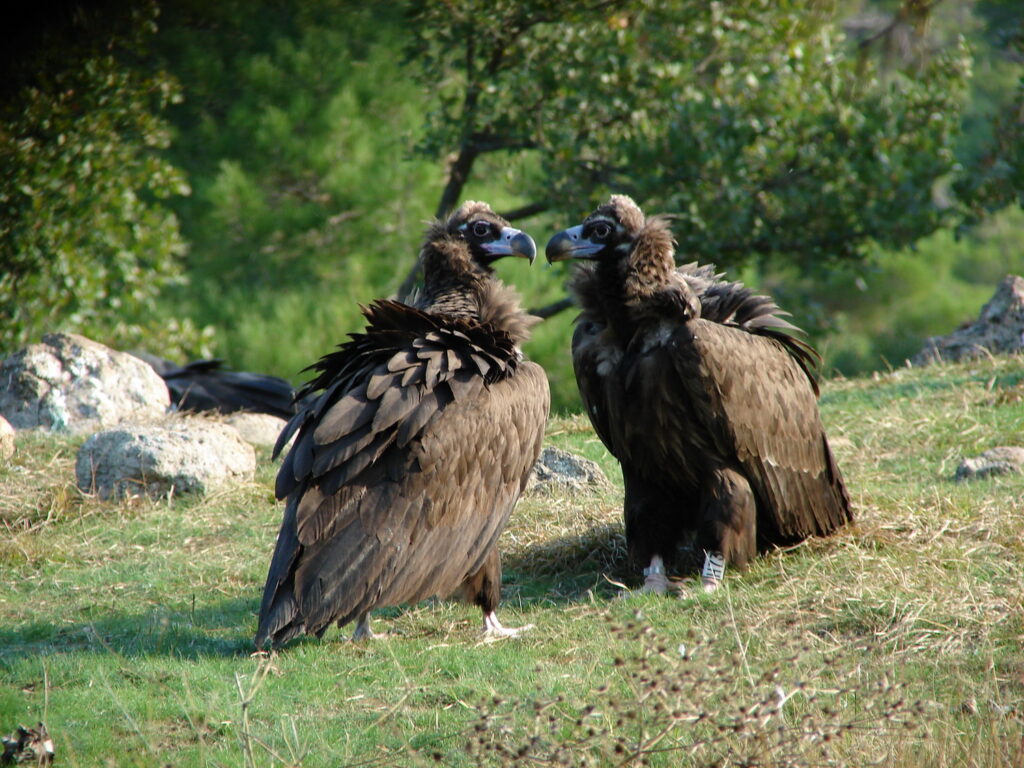
Promising first signs
Three years after the first release, the Bulgarian Eastern Rhodopes Cinereous Vulture population is starting to show some promising signs. This breeding season the monitoring revealed four pairs, and one of them has started incubating.
Only time will tell us if the Bulgarian Eastern Rhodopes will welcome their first chick in almost thirty years. What is certain though is that relentless efforts and international cooperation are making the difference for Cinereous Vultures in Bulgaria.
Source: BSPB
LIFE Rhodope Vulture
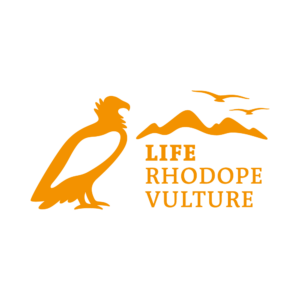
Co-funded by the Programa LIFE of the European Union and the Rewilding Europe, The LIFE Rhodope Vulture project is dedicated to the recovery of the Cinereous Vultures population in the Rhodope mountains, between Bulgaria and Greece. The project aims to increase food availability for the species and address human wildlife conflicts. It will reintroduce birds from Spain to establish a new colony in Bulgaria and conserve the Greek colony in Dadia-Lefkimi-Soufli National Park. Lastly, the project aims to foster cooperation among local businesses, conservation initiatives, and stakeholders, and raise awareness about the ecological benefits of Cinereous Vultures. The project duration is 5 years, from June 2024 to May 2029. The total budget is €4,160,118 Euro. It is coordinated by Bulgarian Society for the Protection of Birds (BSPB) with the participation of Rewilding Rhodopes Foundation. It also benefits from international collaboration, including the Vulture Conservation Foundation.

